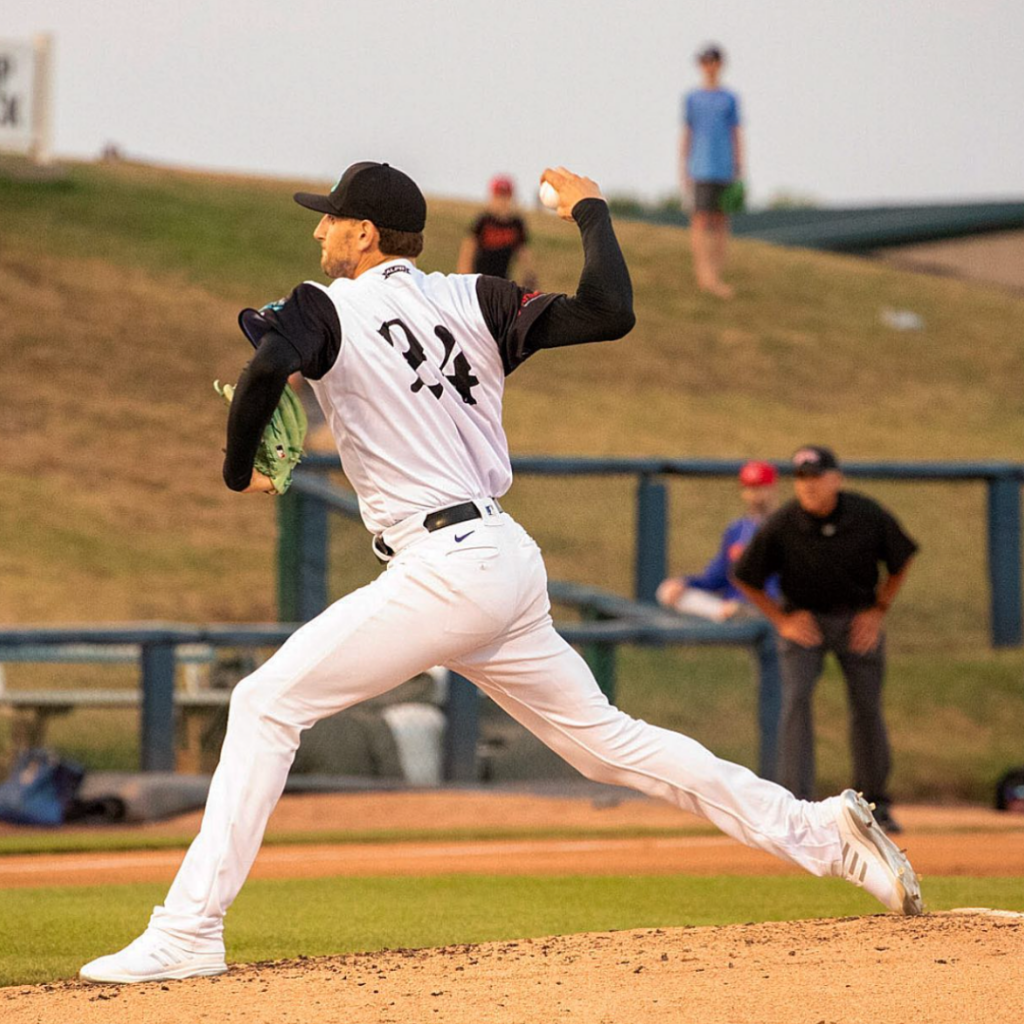Just another player: How David Kubiak found joy in baseball
From college baseball to 36th round MLB draft pick to securing spots in 4 different organizations, David Kubiak’s baseball journey has been a series of ups and downs.
Many baseball players picture themselves being drafted and having a long and lustrous career in the majors, but that is oftentimes not the case. Kubiak was cut from the Tampa Bay Rays on the last day of spring training and two years later found himself in Independent ball before taking time away from the game.

“I think I still had some left in the tank,” Kubiak said.
Upon his return to baseball, he went on to play several years in the Frontier League and Atlantic League before playing in the minors again. Stints in Mexico, Taiwan, Venezuela, and the Dominican Republic have brought him to where he is today, playing winter ball.
While it is a windy path, Kubiak counts his blessings for being able to play the game he loves for a living.
“I was fortunate enough to get drafted,” he said. “I probably would have played four or five years, now I’m in my twelfth. The stability of affiliated ball is fickle for sure.”
Whether it is the politics within baseball or the sheer number of talents, Kubiak found himself in a unique position. On two separate occasions he decided to take a step away from the game, and each time he came back with a positive attitude.
As a “faith-driven career,” baseball’s landscape is not for everybody, and mental health is an essential piece to the sport.
“Mental health is finally starting to make its way into normal, non-taboo talk,” Kubiak said. “When I grew up it was kind of just shut up and play. You just wear it.”

The direction sports is headed in the mental health space has carved out roles for people like Kubiak to become advocates, sharing their stories and helping others find peace.
Kubiak serves as Marketing and VIP Relations Coordinator at WhiteFlag App, a mental health app dedicated to changing the way people communicate and heal. He has worked with dozens of clients and ambassadors to help promote the app and change lives.
He doesn’t try to mask his own struggles either.
“I wasn’t happy playing,” Kubiak said about the times he had to step away. “It wasn’t fun to come to the field every day and that wasn’t how I wanted sports to be.”
His support system at home and two years of therapy have helped Kubiak realize that he is not alone.

“Everybody goes through this stuff, everybody has insecurities no matter how much people tell you they don’t,” he added. “It’s nice to have somewhere to outlet that.”
The resources being invested in the game from mental skills coaches to other athletes who have struggled speaking out are a few ways in which baseball is helping their own.
David Kubiak may not have had the easiest journey, but he has found happiness within himself after every twist and turn.
“Mental health is a really important part of sports,” Kubiak said. “I’m really glad it’s starting to come out of the shadows.”
